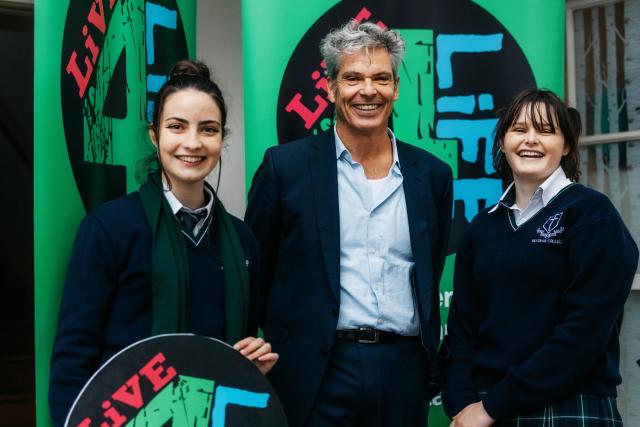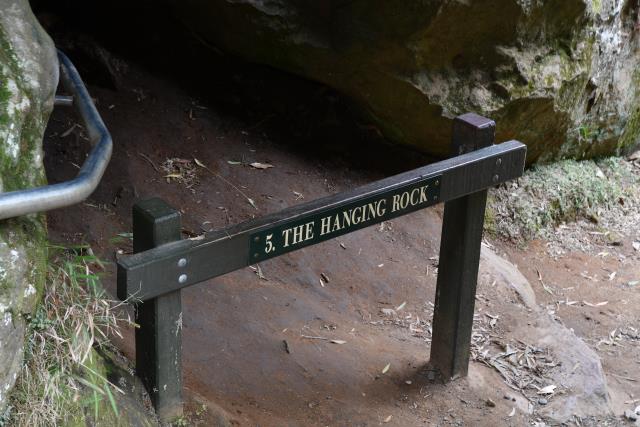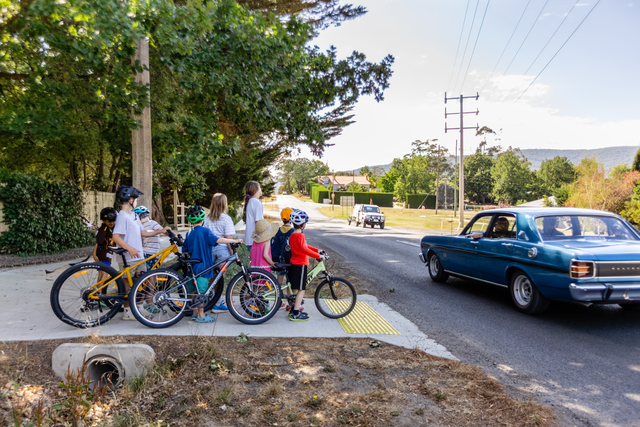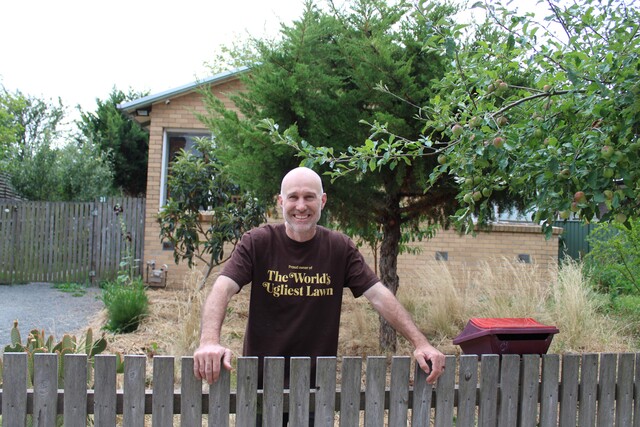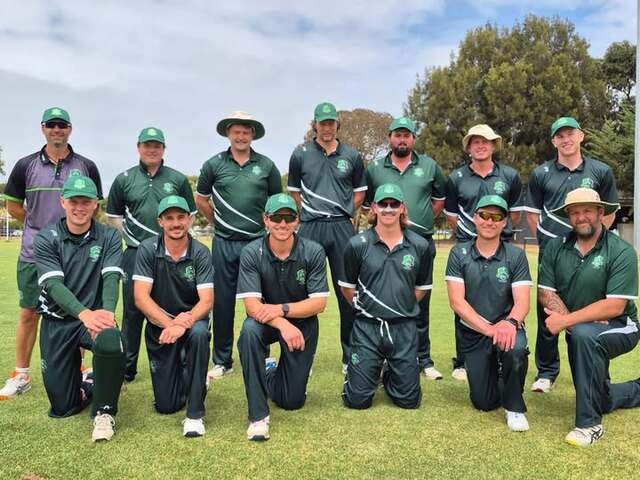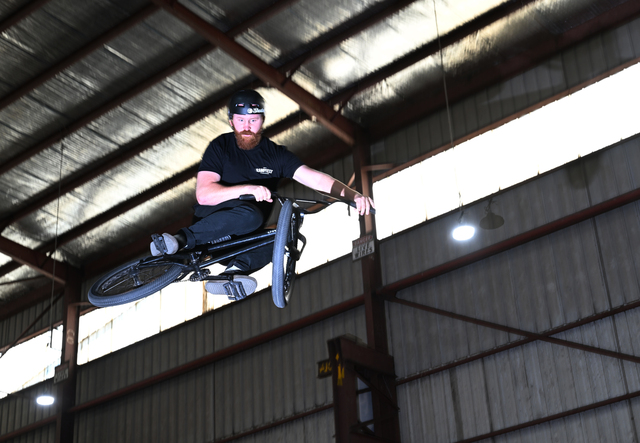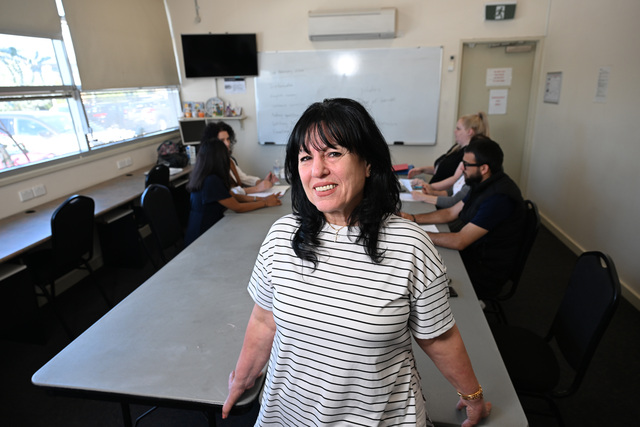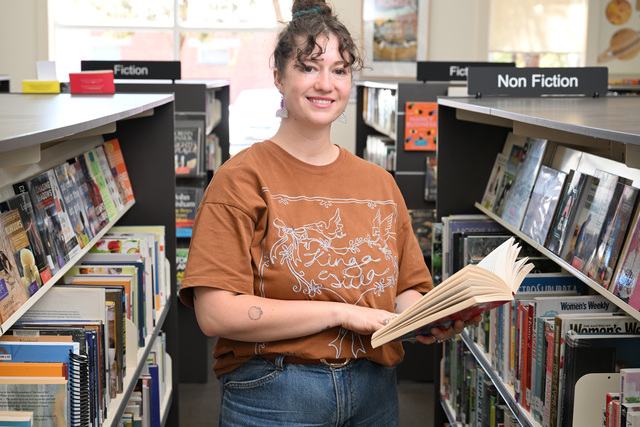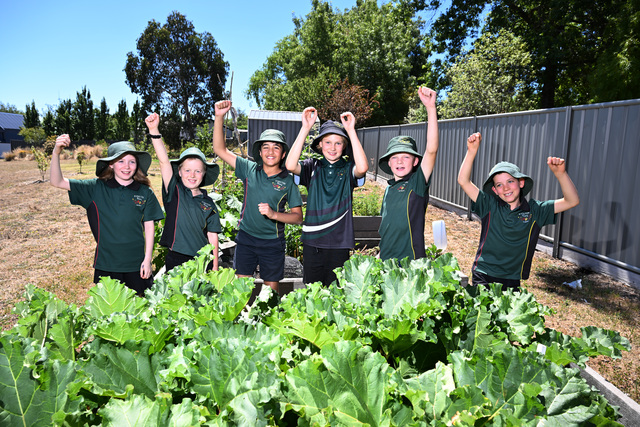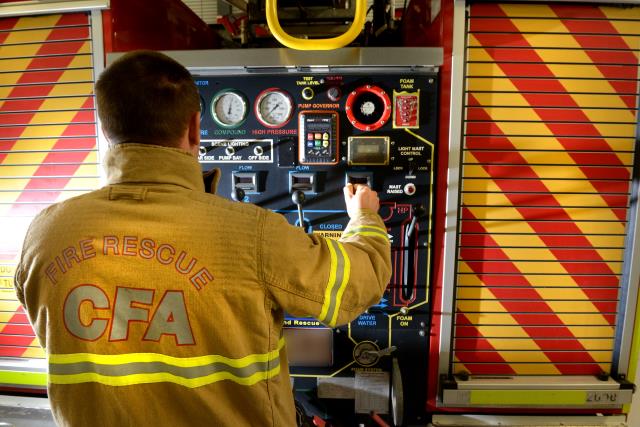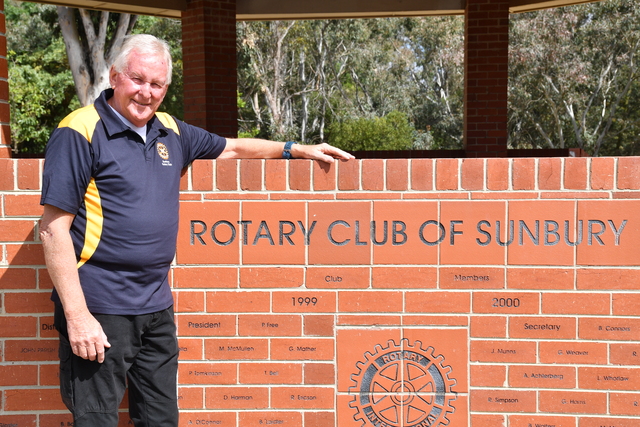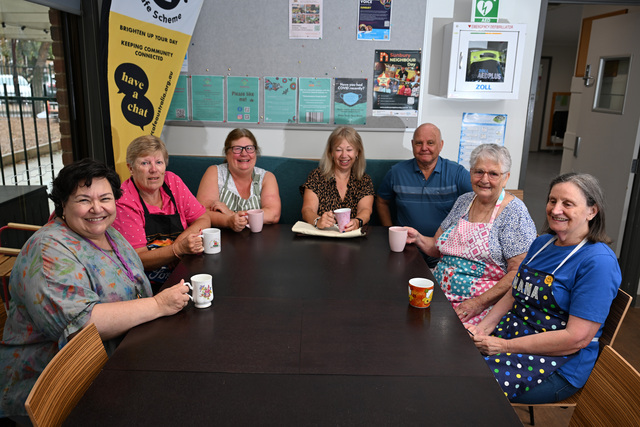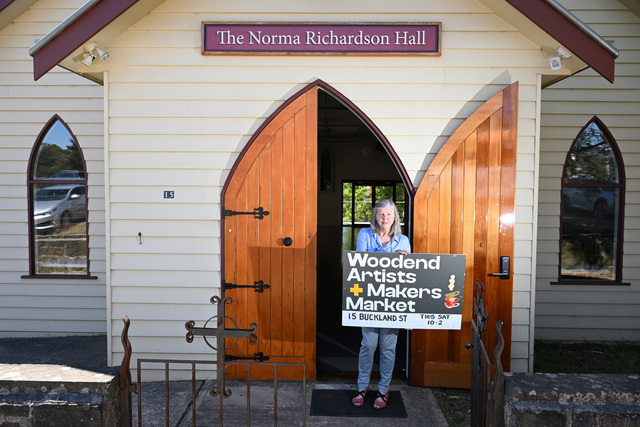Mental health was one of the biggest personal challenges faced by 27 per cent of Victoria’s young people in the last year and Woodend-based mental health charity Youth Live4Life deals with the issue locally.
Released this week, Mission Australia Youth Survey 2022 collated the responses of 5097 young people aged between 15 and 19 in the state, from April to August this year, with school, mental health, COVID-19 and relationship challenges the key themes of their responses.
Nationwide, the main issues concerning young people were the environment (54 per cent), equity and discrimination (36.3 per cent) and mental health (34.4 per cent).
Youth Live4Life chief executive Bernard Galbally said he wasn’t surprised by the figures.
“That’s what we’re hearing from our communities,” he said.
“I think what’s important, and this is not diminishing those other issues regarding environment equity, but those two things feed into a young person’s feeling of mental wellness and being able to thrive.”
The survey found 87.6 per cent of respondents were studying full time and 55.2 per cent were employed. However, 9.2 per cent said they were worried about having a safe place to stay, and 1.4 per cent had no fixed address or lived in a refuge or transitional accommodation.
Mission Australia state director Nada Nasser said while there was much to celebrate about young peoples’ experiences, more needed to be done to make sure they were properly supported as they transitioned into adulthood.
“Young people have the answers. We must listen, ensure young people are included in decision-making processes, and act now so they can access the opportunities and supports they need to thrive,” Ms Nasser said.
Mr Galbally said it was time for more action in addressing young peoples’ mental health challenges, and Youth Live4Life would continue doing so on the ground in rural and regional communities.
“What we’re hearing from them is they don’t need anymore awareness campaigns, they want tangible tools to be able to understand how to look after their own mental health and wellbeing, get into good practices, as well as how to help their mates,” he said.

